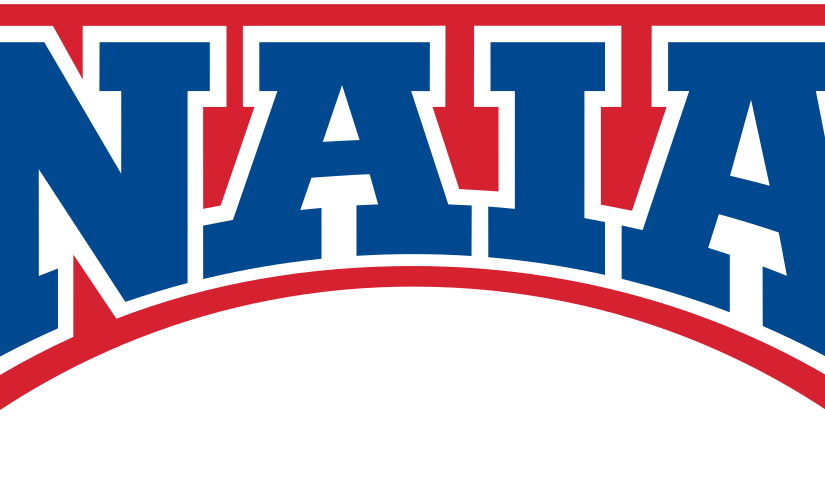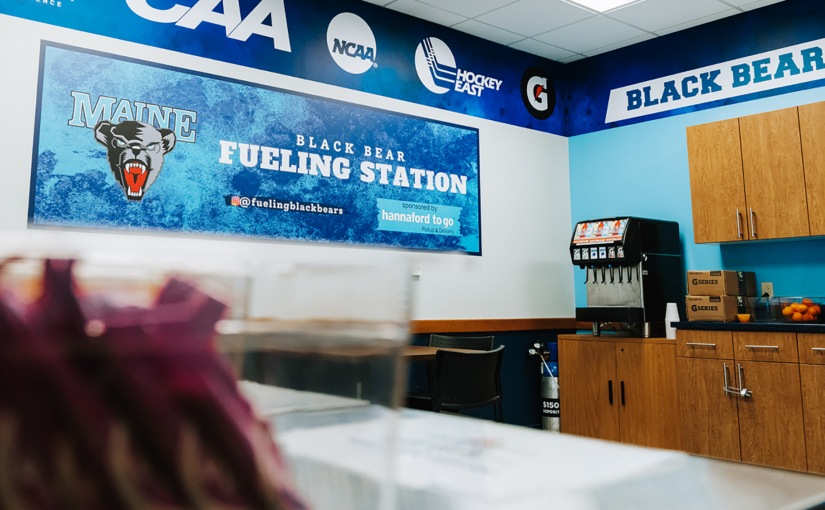Coach K Building A Leadership Legacy
http://www.forbes.com/sites/karlmoore/2012/06/05/dukes-coach-k-and-building-a-leadership-legacy/
Leaders are measured not just on what they achieve personally but also on what the people they mentored go on to do as leaders in their own right. Sports provides many examples, one of the best is Duke’s head Coach Mike Krzyzewski.The Duke Sports Medicine-John Feagin Leadership Forum, was held on May 18 and 19 in Durham, NC. It focused on connecting leadership lessons in the fields of sports medicine, business, athletics, and military. During the conference, Duke head men’s basketball coach Mike Krzyzewski and Harvard head men’s basketball coach Tommy Amaker gave a talk about how their relationship has evolved from player and coach to assistant coach and head coach to recently being peer head coaches.
This session got us thinking that even with all of Coach K’s individual achievements (4 NCAA championships, 2008 Olympic gold medal), one additional factor that he is judged on is the success of his former players and assistant coaches in the profession. Coach K’s “coaching tree” has had numerous former players go on to become head coaches at NCAA Division I schools, including Amaker, Johnny Dawkins (Stanford), Mike Brey (Notre Dame) and Jeff Capel (former Oklahoma coach). Each achievement by these “Coach K disciples” strengthens Krzyzewski’s legacy, but each setback could also tarnish his shining reputation.
Another coach whose legacy has benefitted from a strong coaching tree used to coach only about 8 miles up the road from Durham in Chapel Hill. Dean Smith’s former players and assistant coaches have gone on to reach many different positions in the game and business of basketball. Smith’s coaching tree includes Roy Williams (head coach Kansas, now UNC), Mitch Kupchak (GM of Los Angeles Lakers), Larry Brown (current SMU coach and former NBA head coach) and Jeff Lebo (East Carolina). When Smith retired from coaching, he was the all time winningest head coach in NCAA Division I basketball (he has since been passed by Bob Knight and Krzyzewski), however the legacy of his former players and assistant coaches will far outreach and outlive his personal accomplishments.
Thinking about the coaching tree and its impact on a coach’s legacy led us to ask ourselves a few questions about business leadership. How often do we think of how our team members’ individual achievements (both as members of our team and once they have moved on) can reflect positively or negatively on our leadership style? How does the fact that your former direct report now leads her own business unit impact your leadership legacy? And most importantly, what can you do to develop your people in order to facilitate their long term career success?
Coach K Building A Leadership Legacy
Forbes
http://www.forbes.com/sites/karlmoore/2012/06/05/dukes-coach-k-and-building-a-leadership-legacy/
Leaders are measured not just on what they achieve personally but also on what the people they mentored go on to do as leaders in their own right. Sports provides many examples, one of the best is Duke’s head Coach Mike Krzyzewski.
The Duke Sports Medicine-John Feagin Leadership Forum, was held on May 18 and 19 in Durham, NC. It focused on connecting leadership lessons in the fields of sports medicine, business, athletics, and military. During the conference, Duke head men’s basketball coach Mike Krzyzewski and Harvard head men’s basketball coach Tommy Amaker gave a talk about how their relationship has evolved from player and coach to assistant coach and head coach to recently being peer head coaches.
This session got us thinking that even with all of Coach K’s individual achievements (4 NCAA championships, 2008 Olympic gold medal), one additional factor that he is judged on is the success of his former players and assistant coaches in the profession. Coach K’s “coaching tree” has had numerous former players go on to become head coaches at NCAA Division I schools, including Amaker, Johnny Dawkins (Stanford), Mike Brey (Notre Dame) and Jeff Capel (former Oklahoma coach). Each achievement by these “Coach K disciples” strengthens Krzyzewski’s legacy, but each setback could also tarnish his shining reputation.
Another coach whose legacy has benefitted from a strong coaching tree used to coach only about 8 miles up the road from Durham in Chapel Hill. Dean Smith’s former players and assistant coaches have gone on to reach many different positions in the game and business of basketball. Smith’s coaching tree includes Roy Williams (head coach Kansas, now UNC), Mitch Kupchak (GM of Los Angeles Lakers), Larry Brown (current SMU coach and former NBA head coach) and Jeff Lebo (East Carolina). When Smith retired from coaching, he was the all time winningest head coach in NCAA Division I basketball (he has since been passed by Bob Knight and Krzyzewski), however the legacy of his former players and assistant coaches will far outreach and outlive his personal accomplishments.
Thinking about the coaching tree and its impact on a coach’s legacy led us to ask ourselves a few questions about business leadership. How often do we think of how our team members’ individual achievements (both as members of our team and once they have moved on) can reflect positively or negatively on our leadership style? How does the fact that your former direct report now leads her own business unit impact your leadership legacy? And most importantly, what can you do to develop your people in order to facilitate their long term career success?












